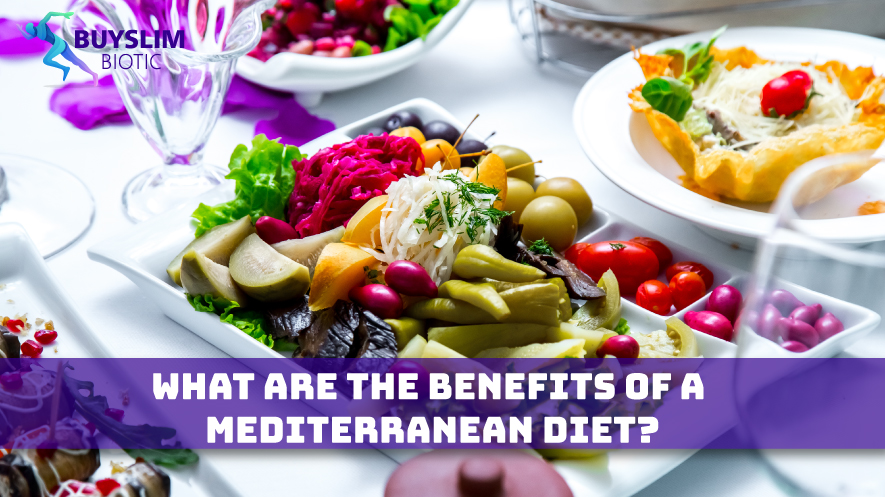Explore the best diets tailored for women’s health! Our guide compares top nutrition plans to support your wellness goals. From hormonal balance to weight management, find the diet that works for you. Empower your health journey with informed choices today
Dieting is a topic that is always in vogue, but there are a lot of options available when it comes to the best diets for women. Every diet, whether it be plant-based, keto, low-carb, or Mediterranean, has its supporters and claims. To assist you in making well-informed nutritional decisions, we will examine some of the top diets for women in this thorough guide, supported by data and professional perspectives. We can help you achieve your objectives, whether they are weight loss, better health, or just a sustainable eating style.

The Criteria for the Best Diets for Women
Before delving into specific diets, it’s essential to understand the criteria that define the best diets for women. These criteria should consider factors like nutritional completeness, sustainability, and long-term health benefits:
1. Nutritional Completeness
A good diet should provide all the essential nutrients your body needs for optimal health, including vitamins, minerals, and macronutrients like protein, carbohydrates, and fats.
2. Sustainability
The best diets are sustainable over the long term, promoting a healthy relationship with food and preventing yo-yo dieting.
3. Weight Loss Potential
If weight loss is your goal, the diet should have a track record of helping individuals shed pounds safely and maintain weight loss.
4. Heart Health
A good diet should support heart health by reducing the risk of heart disease and improving cholesterol levels.
5. Diabetes Management
For women at risk of or dealing with diabetes, the diet should help manage blood sugar levels effectively.
6. Overall Health
The best diets promote overall health, reducing the risk of chronic diseases and improving well-being.
Now, let’s explore some of the best diets that meet these criteria.
1. Mediterranean Diet
The Mediterranean diet is often hailed as one of the healthiest diets in the world. It’s rich in fruits, vegetables, whole grains, lean protein (like fish and poultry), and healthy fats (such as olive oil and nuts). This diet is associated with improved heart health, weight management, and a reduced risk of chronic diseases.
2. Plant-Based Diet
Plant-based diets emphasize whole, plant-derived foods and limit or exclude animal products. They are linked to lower risks of heart disease, high blood pressure, and certain cancers. Variations include vegetarian and vegan diets, both of which can be nutritious if well-balanced.
3. Low-Carb Diet
Low-carb diets like the ketogenic (keto) and Atkins diets restrict carbohydrate intake while increasing fat and protein consumption. These diets are known for promoting weight loss and managing blood sugar levels, making them popular choices for women with diabetes or those looking to shed pounds.
4. DASH Diet
The Dietary Approaches to Stop Hypertension (DASH) diet is designed to lower blood pressure. It emphasizes whole grains, fruits, vegetables, lean proteins, and low-fat dairy while reducing sodium intake. It’s effective for heart health and can also support weight loss.
5. Intermittent Fasting
Intermittent fasting involves cycling between periods of eating and fasting. This approach can aid weight loss and improve metabolic health. Common methods include the 16/8 method (fasting for 16 hours and eating within an 8-hour window) and the 5:2 diet (eating normally for five days and drastically reducing calories for two non-consecutive days).
6. Weight Watchers (WW)
The WW program assigns point values to foods, encouraging portion control and healthier eating choices. It’s known for its flexibility and support system, making it a sustainable option for weight management.
7. Flexitarian Diet
The flexitarian diet combines elements of vegetarianism with occasional meat consumption. It encourages plant-based foods while allowing for flexibility, making it an adaptable and balanced approach to eating.
8. Paleo Diet
The paleo diet focuses on foods that our ancestors would have eaten, including lean meats, fish, fruits, vegetables, nuts, and seeds. It excludes processed foods, grains, and dairy. While it can promote weight loss and improved blood sugar control, it may not be suitable for long-term sustainability.
9. Whole30 Diet
The Whole30 diet is a 30-day program that eliminates processed foods, sugar, grains, dairy, and legumes. It’s designed to reset your eating habits and identify potential food sensitivities. While it’s a short-term program, it can lead to healthier eating habits.
10. Mindful Eating
Mindful eating is not a specific diet but an approach to eating that emphasizes being present in the moment, paying attention to hunger and fullness cues, and savoring each bite. It can promote a healthier relationship with food and support weight management.
Choosing the Right Diet for You
The best Diets for Women are the one that aligns with your individual goals, preferences, and health needs. It’s essential to consult with a healthcare provider or registered dietitian before making significant dietary changes, especially if you have underlying health conditions.
Recall that there isn’t a single diet that works for everyone. One person’s solution might not be another’s. Finding a dietary pattern that promotes your health and well-being and that you can stick to over time is crucial.




